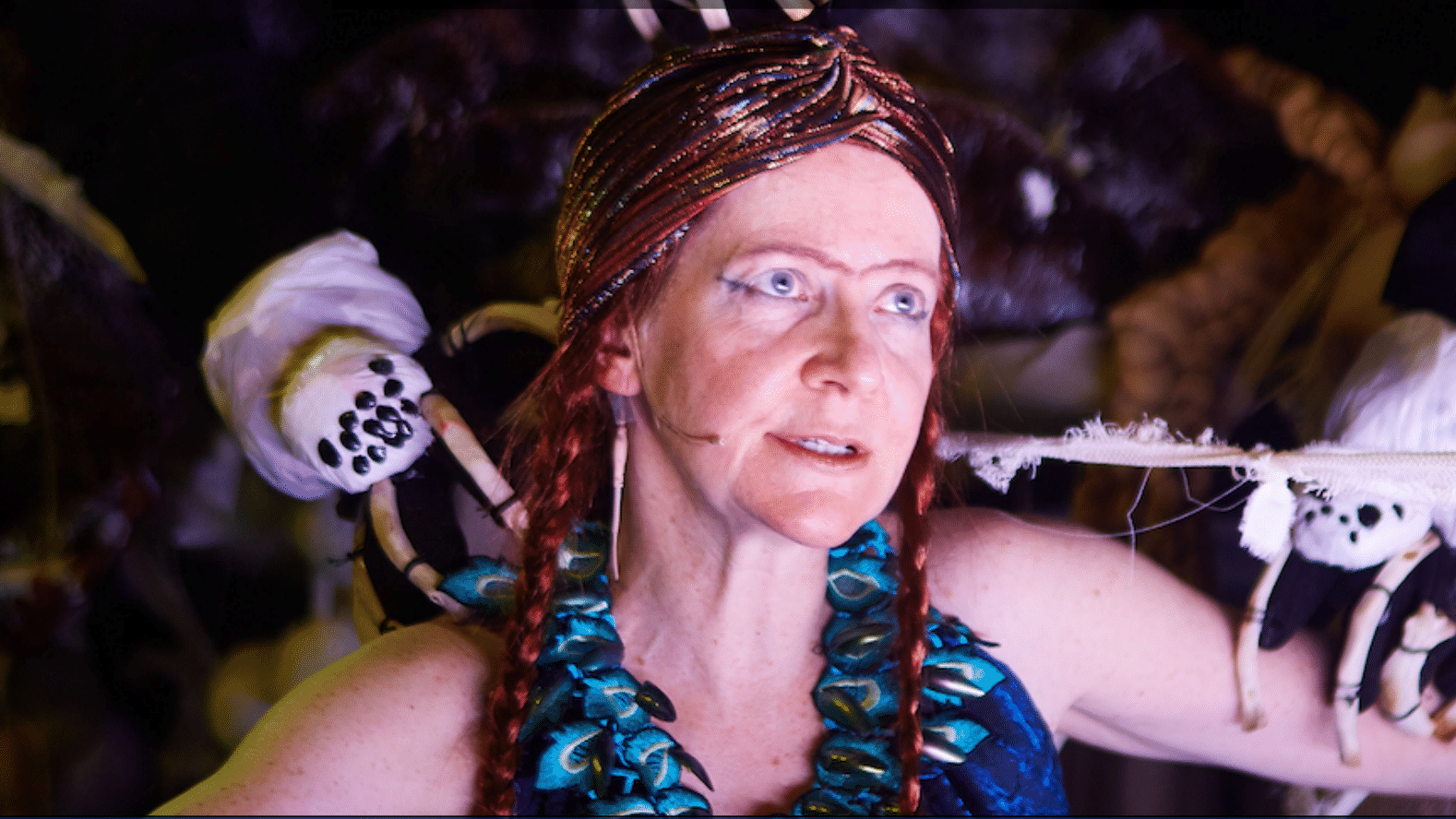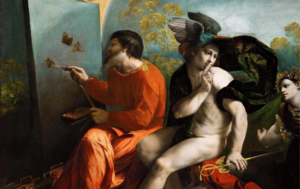Olga Taxidou (University of Edinburgh)
“Adapting Medea with Mabou Mines: words, actors, and puppets”
19 October 2022 – 17 pm
Palazzo di Lingue – Room T6
This talk will look at the demands that the role/character of Medea places on the art of the actor. It will discuss the ways in which a classical Greek understanding of the emotions and audience affect / response may be read in relation to modernist and contemporary theories of acting. Even though parallels such as these are speculative, a contemporary performer approaching the role of Medea will always have to confront notions of ‘personhood’ that are not psychological or ‘subjective individual’, where psychology and interiority are not the sole motors of emotion. Rather the notion of character is presented as ‘objective participant’ (Gill). This notion of the role as a kind of tableau or ‘performing machine’ facilitates the presentation and enactment, in a phenomenological manner, of the visceral emotions of Medea. This approach can be seen as creating a triangulation of role / character / actor that places very particular demands on the performer. The concept of Gestus (Brecht) will be read in conjunction with the idea of the ‘exemplary gesture’ (Gill) in an attempt to locate Medea’s emotions both within herself and within the broader context she inhabits. This analysis suggests that it is this opening up of the role of Medea that allows the audience to experience phrike (Cairns), not necessarily through identification, but through estrangement, as ‘participant-observers’. Through the example of my recent adaptation of Medea, directed by Lee Breuer with Maude Mitchell in the title role, the paper will look at some of the theatrical solutions created by the company in enacting Medea’s emotions. In particular, it will focus on the ways that the combination of live actor and puppets challenges ideas of individual personhood, and allows for audience response that oscillates between empathy, sympathy, and estrangement.
For attendance via Zoom write to: skene@ateneo.univr.it




